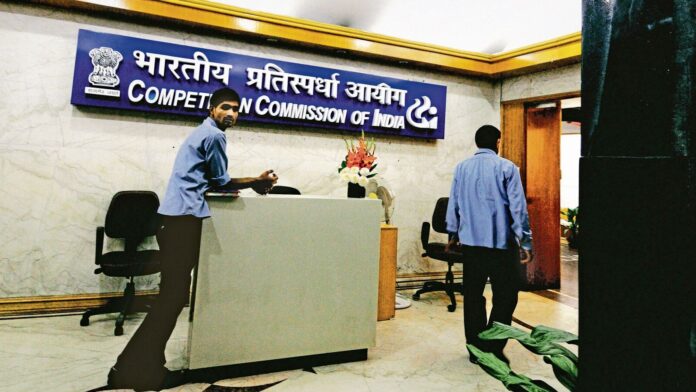The settlement scheme was introduced in India’s competition law last year, and the Competition Commission of India (CCI) issued regulations on the same in March. The scheme offers a 15% discount on the base penalty amount as determined by CCI to companies found to have engaged in anti-competitiveconduct.
Google’s application comes after the Director General of Investigation (DG) attached to the CCI confirmed charges of anti-competitive behaviour by the tech giant in a recent report to the anti-trust watchdog, the people cited above said on the condition of anonymity.
The CCI had ordered a probe in June 2021 after two individuals accused Google LLC and Google India Pvt. Ltd of violating provisions of competition law.
“Google has become the first applicant under the commitment and settlement scheme pursuant to CCI issuing regulations in this regard,” one of the two people said.
The CCI had ordered a probe in June 2021 after two individuals accused Google LLC and Google India Pvt. Ltd of violating provisions of competition law. The DG’s investigation found Google had breached provisions barring anti-competitive agreements and abuse of market dominance in the Android TV market, one of the two people cited above said.
“CCI is looking into the plea for settlement. It is still in the process,” the second person added.
Also read | Anti-trust case: CCI asks Amazon, Flipkart to share financials to decide penalty
Under the commitment and settlement schemes introduced in the amended law, companies suspected of violations can make voluntary commitments to address regulatory concerns before the investigation is completed. If the investigation is already completed–like in the case of Google–they may offer to settle the case and pay a lowered penalty. The two schemes seek to achieve early market correction and reduce litigation.
CCI ordered the investigation in June 2021 after examining two agreements that Google sign with smart TV makers like Xiaomi Technology India Pvt. Ltd.– the TV app distribution agreement (TADA) and Android compatibility commitment (ACC).
The competition watchdog then made a first impression observation that these two agreements imposed certain restrictions on television makers. It noted that these agreements forced smart TV makers who wanted to preinstall a certain Google app, say YouTube, to preinstall the entire suite of Google apps.
CCI also made a first impression observation that these arrangements reduced the ability and incentive of device manufacturers to develop and sell devices operating on alternative versions of Android, called Android forks, impacting technical or scientific development to the prejudice of consumers, in violation of competition law.
Also read | Mint Explainer: CCI’s anti-trust case settlement and its impact on businesses
Android forks refer to versions of the Android operating system such as Amazon Fire OS that have been customized from the original source code for different user interface and features than the original version provided by Google.
Requests for comments emailed to CCI, Google and Xiaomi on Monday seeking comments for the story remained unanswered.
The Google matter may also become a test case of the commitment and settlement scheme in offering a quick solution to disputes and avoid protracted legal battles.
Settlement is attractive only when it’s fast, simple, and lucrative in terms of reduced penalties, said Sonam Chandwani, managing partner at law firm KS Legal & Associates.
“The CCI should focus on fostering voluntary disclosure rather than relying solely on penalty-driven approaches. Incentivizing transparency through significant penalty reductions encourages businesses to settle early. Litigation, by contrast, is a long, costly process for both businesses and the CCI, draining resources and time. Efficiency is key—if the settlement process can offer quicker resolutions with clear benefits, it becomes a far more compelling alternative to protracted legal battles,” said Chandwani.
Also read | Will new competition rules open the door for more hostile takeovers?
To ensure that investigated parties overcome their hesitation in using the settlement mechanism, CCI will have to make it more attractive for the parties, said Rahul Rai, partner and co-founder of law firm Axiom 5 Law Chambers.
For example, while the rebate on penalty is capped at 15% of the total amount, if the CCI keeps the overall penalty quantum reasonable and proportionate to the harm, and finds a way within the regulations to discuss it with the parties, they may shun their hesitation, said Rai. “Likewise, the CCI will need to find ways to engage with the parties in a less adversarial manner to agree to a package of behavioural remedies addressing CCI’s concerns. In technology markets, devising remedies is not easy and a more consultative approach could find win-win solutions and help with adoption of the settlement mechanism,” said Rai.
CCI is expected to make public a summary of the proceedings before giving its final call on the settlement plea.
#Google #offers #settle #smart #antitrust #matter #test #case #CCI
